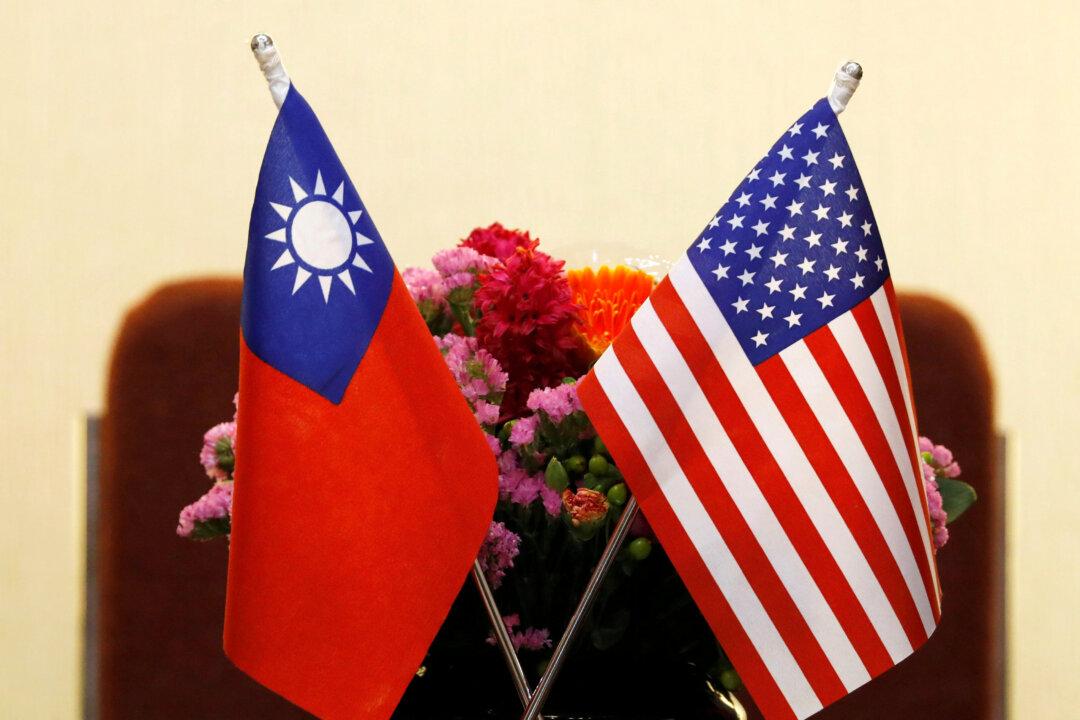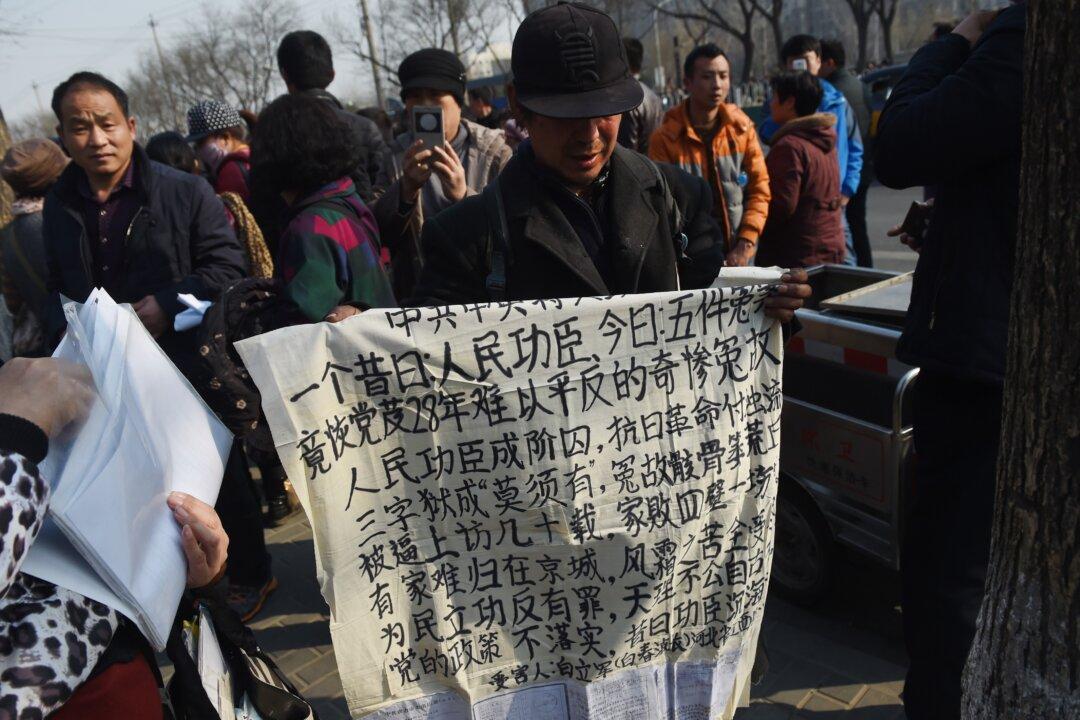Taiwan’s four referendum results were released on Dec. 18. The majority voted no to all four issues including the ban of the imports of additive-fed pork from the United States, which was considered to possibly affect Taiwan–U.S. relations.
Taiwanese organizations and experts called out the Chinese Communist Party (CCP) for trying to manipulate public opinion in Taiwan by spreading disinformation about the U.S. pork import issue prior to the referendums.




